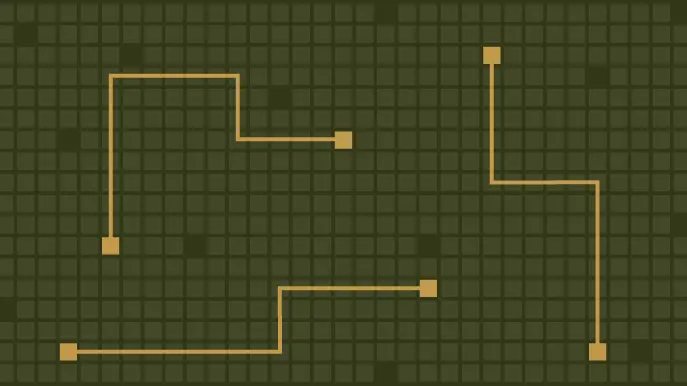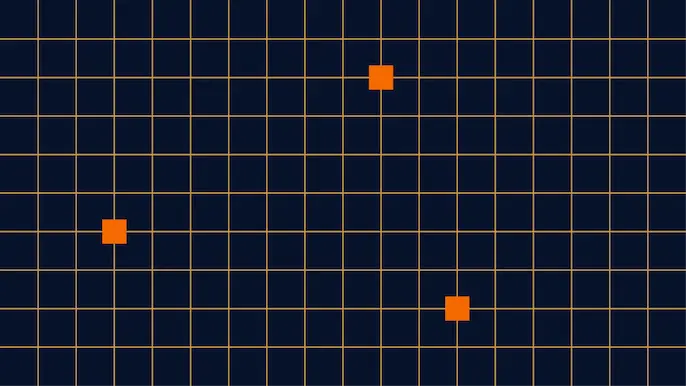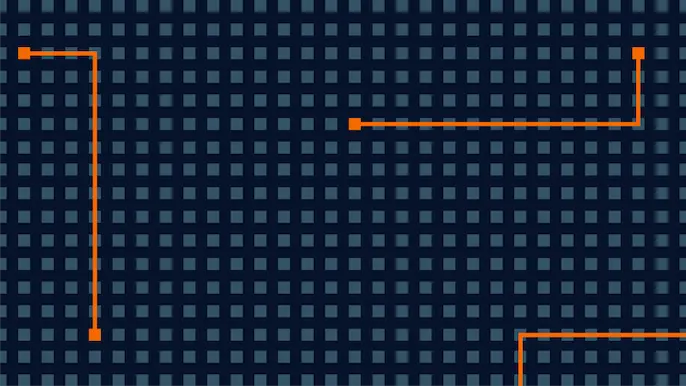
Thomas Elling
More by Thomas Elling

Filling up the DagBag: Privilege Escalation in Google Cloud Composer
November 6, 2024
Learn how attackers can escalate privileges in Cloud Composer by exploiting the dedicated Cloud Storage Bucket and the risks of default configurations.

Escalating Privileges in Google Cloud via Open Groups
July 31, 2024
Learn how attackers can abuse Open groups to potentially escalate privileges in Google Cloud and how to detect these attack paths.

What the Function: Decrypting Azure Function App Keys
August 12, 2023
When deploying an Azure Function App, access to supporting Storage Accounts can lead to disclosure of source code, command execution in the app, and decryption of the app’s Access Keys.

SDxCentral: Decentralization Haunts Security, Cloud Transitions
August 8, 2022
On August 8, NetSPI Senior Director Thomas Elling was featured in an article in SDxCentral called Decentralization Haunts Security, Cloud Transitions.

Dumping Active Directory Domain Info – with PowerUpSQL!
May 31, 2018
This blog walks through some new Active Directory recon functions in PowerUpSQL. The PowerUpSQL functions use the OLE DB ADSI provider to query Active Directory for domain users, computers, and other configuration information through SQL Server queries.

Dumping Active Directory Domain Info – in Go!
April 17, 2018
I've used NetSPI PowerShell tools and the PowerView toolset to dump information from Active Directory during almost every internal penetration test I've done. These tools are a great starting point for gaining insight into an Active Directory environment. Go seems to be gaining popularity for its performance and scalability, so I tried to replicate some of the functionality in my favorite PowerShell tools. goddi (go dump domain info) dumps domain users, groups, domain controllers, and more in CSV output. And it runs on Windows and Linux!

Attacks Against Windows PXE Boot Images
February 13, 2018
If you've ever run across insecure PXE boot deployments during a pentest, you know that they can hold a wealth of possibilities for escalation. Gaining access to PXE boot images can provide an attacker with a domain joined system, domain credentials, and lateral or vertical movement opportunities. This blog outlines a number of different methods to elevate privileges and retrieve passwords from PXE boot images.

Microsoft Word – UNC Path Injection with Image Linking
January 2, 2018
Microsoft Word is an excellent attack vector during a penetration test. From web application penetration tests to red team engagements, Word documents can be used to grab NetNTLM hashes or prove insufficient egress filtering on a network. This blog will cover a slightly different approach: inserting an image via a link.

Dynamic Binary Analysis with Intel Pin
May 30, 2017
For this blog, I’ll explore Intel’s Pin tool and Linux system call hooking. Pin offers a comprehensive framework for creating pin tools to instrument at differing levels of granularity.
